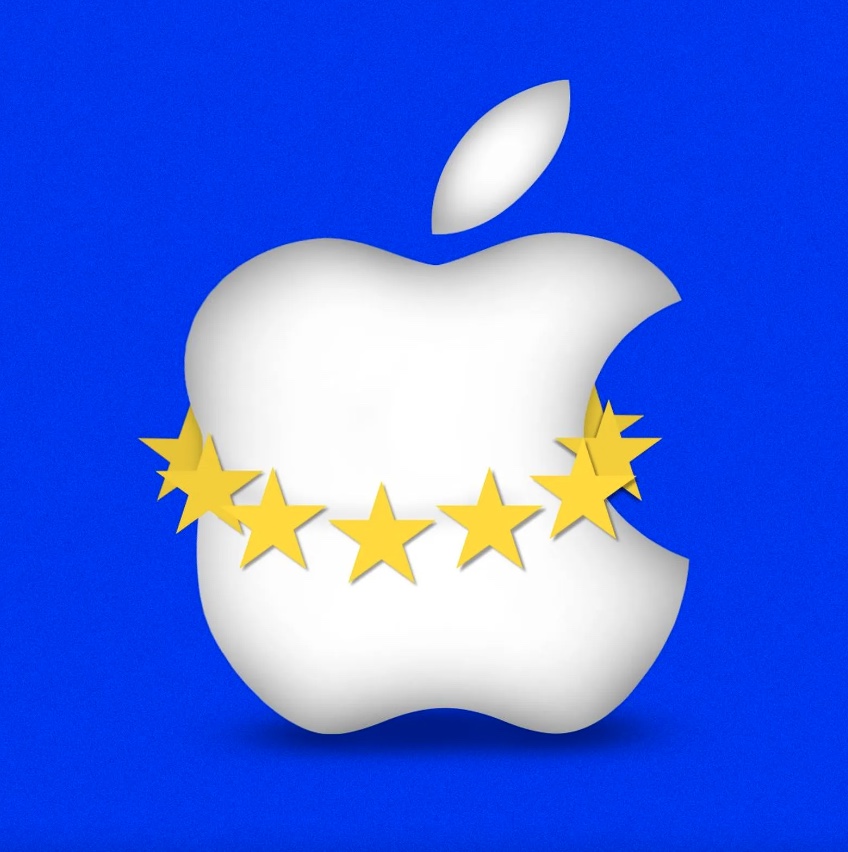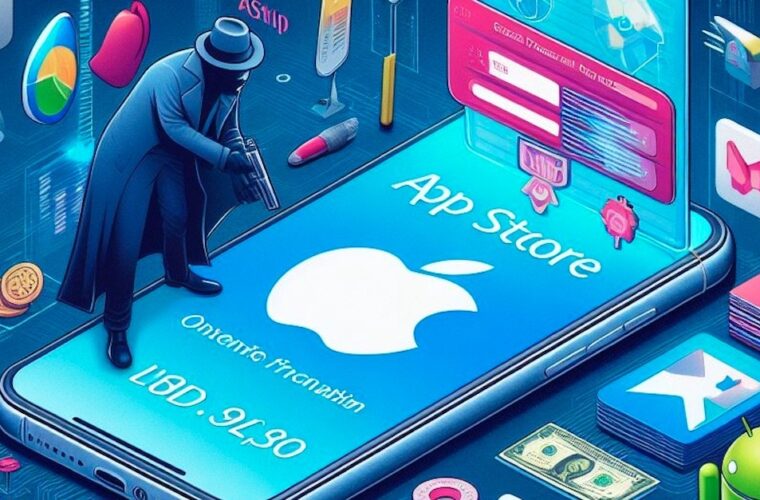EU launches investigation against Apple
Apple’s App Store rules violate the Digital Markets Act (DMA) because they prevent app developers from freely directing consumers to alternative channels for offers and content. With these grounds today, the European Commission informed Apple of its preliminary opinion. This is the third investigation against the Cupertino-based company. “Today is a very important day for the effective enforcement of DMA: we have sent the preliminary findings to Apple. Our preliminary position is that Apple does not fully allow steering,” said European Commission Vice President for Antitrust Margrethe Vestager. The term “steering” refers to the ability to direct users to alternative channels. Vestager added, “The directive is key to ensuring that app developers are less dependent on gatekeeper app stores and that consumers are aware of better offers.”
Apple’s Core Technology Fee Violates Digital Markets Act
In detail, according to the DMA, developers who distribute their apps through Apple’s App Store should be able, free of charge, to inform their customers about cheaper alternative purchase options, direct them to such offers, and allow them to make purchases. The new investigation opened today–the third–concerns non-compliance against Apple’s new contract terms for developers as a condition for accessing some of the new features permitted by DMA, specifically the provision of alternative app stores or the ability to offer an app through an alternative distribution channel. So far, Apple has retained the ability to subscribe to the previous conditions, which do not allow alternative distribution channels.

Specifically in the crosshairs are Apple’s so-called Core Technology Fee, under which app store and third-party app developers must pay a 0.50 EUR fee for each app installed. Also, the “multi-step path” that Apple’s users must take to download and install app stores or alternative apps on iPhones. Finally, developers are required to offer alternative app stores or distribute apps directly from the web on iPhones.
DMA: what changes for big tech
As of March 7, 2024, Alphabet, Amazon, Apple, Bytedance, Meta, and Microsoft must comply with the European Union’s Digital Markets Act (DMA); the law is designed to open “core” digital services to make it easier and cheaper for smaller rivals to access data or compete on Big Tech platforms. Tech companies now must seek users’ consent to share data entered into one service with another that they operate. Meta has already begun launching pop-ups for Facebook and Meta. It delayed the EU launch of its social media service Threads, which was designed to compete with X (formerly Twitter) because it initially required users to register with a login from another of the company’s brands. Google is asking users to choose which services they share their data with, and there are many: Search, YouTube, Ads, Google Play, Chrome, Google Shopping and Google Maps.
The search giant warns users that they may not like it as the experience will be “less personalized.” This means different platforms will not always have the personal data to provide recommendations and targeted advertising to users they know. Apple has long resisted requests from game developers to be able to sell apps within their game universe. It cites the security it can offer when it has total control over apps in its App Store since unauthorized apps could be a vector for cybercriminals. Critics said Apple also wants to maintain tight control over how it makes money from developers who rely on its devices and software to sell them to iPhone users.



